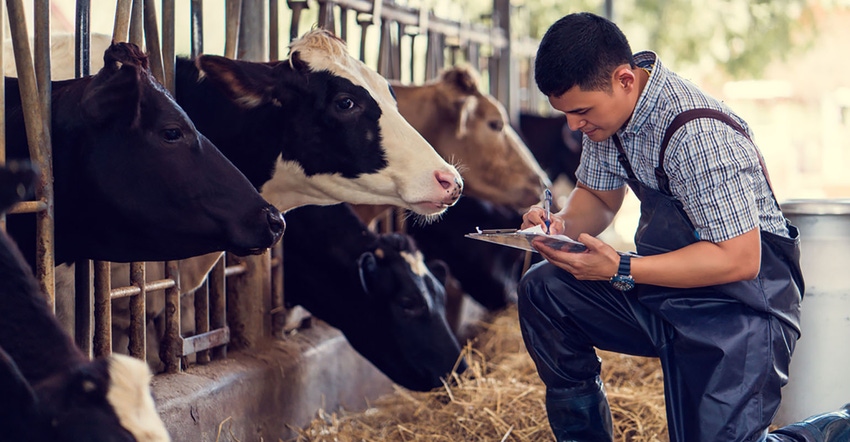
The Supreme Court for the state of Washington found on November 5, 2020, that a Washington State provision exempting agricultural workers from overtime pay violated the state’s constitution.
Dan Wood, executive director, Washington State Dairy Federation, noted that many farms paid $18 -$20 an hour for all hours worked. Wood noted, “You can’t operate with these costs.” The decision was supported by 5 justices and 4 justices dissented.
A separate opinion was written by Justice Steven Gonzalez. He indicated farm workers “…labor in arduous and dangerous conditions. Farmworkers are exposed to pesticides, use hazardous machinery, and work long hours in extreme heat and cold.” He also noted the racist origins of the overtime exemption for farmworkers. He said, “To obtain the support of southern democrats, proponents of President Roosevelt’s New Deal agenda made compromises to preserve a quasi-captive, nonwhite labor force and perpetuate the racial hierarchy in the South by excluding agricultural workers.”
Explosive language
Some of the language in this opinion is explosive. Farm Bureau staff in each state should read this opinion, entitled Martinez-Cuevas v. DeRuyter Brothers Dairy Inc. et al. Justice Gonzalez states, “Almost three quarters of farm workers are immigrants, the overwhelming majority from Mexico.” The justice claims “In Washington state, 99% of farmworkers are Latino and more than three-quarters do not read or write in English.” He goes on to say, “The exclusion of farmworkers from overtime pay deprives them of an important health and safety protection that is afforded to other workers.”
As I said earlier, four of the Washington State Supreme Court justices dissented. These justices were especially afraid of the retroactive application of this decision. These justices believe paying overtime for hours worked in the past could have “a devastating impact” on dairy farm employers. These justices would have returned a judgment in the dairy’s favor.
The trial court had sided with the workers, but the dissenters said, “We have never recognized the right to work and earn wage as a fundamental right of state citizenship…”. The dissenters did not believe that the “…workers have a fundamental right to overtime pay.”
After a great deal of discussion involving rights and immunities under the Washington state constitution, the dissenters believe “…the right to overtime pay…represents a discretionary exercise of the legislature’s police power, not a fundamental right.”
Equal protection clause
The dissenters also indicated they did not feel overtime pay to farmworkers was a right under the Equal Protection clause. The workers, of course, feel they have been treated unfavorably, and they should have heightened equal protection. The dissenters hold that Washington state’s agricultural exemption survives the workers’ equal protection challenge.
The dissent also believes the agricultural exemption is rationally related to a legitimate government policy and finds there is no legal favoritism or equal protection granted. The majority apparently will add salt to the decision by granting the workers’ attorney fees request. The dissenters would deny the request.
One thing is for sure. A sharply divided Washington State Supreme Court has declared that the state’s dairy workers will now get overtime pay if they work more than 40 hours a week. Presently over 200,000 farmworkers comprise the state’s $10.6 billion agriculture industry. California is phasing in some overtime protections while New York is requiring overtime pay when farmworkers work more than 60 hours a week. Even though this decision is in the dairy industry context, other sectors of the agriculture industry should expect this decision to be applied to them.
Washington state has some of the nation’s highest labor costs and must compete in the national and global marketplace. Not only will this Supreme Court decision have an impact on Washington state, but the movement will probably move to your state. Watch this one carefully!
The opinions of the author are not necessarily those of Farm Futures or Farm Progress.
About the Author(s)
You May Also Like




